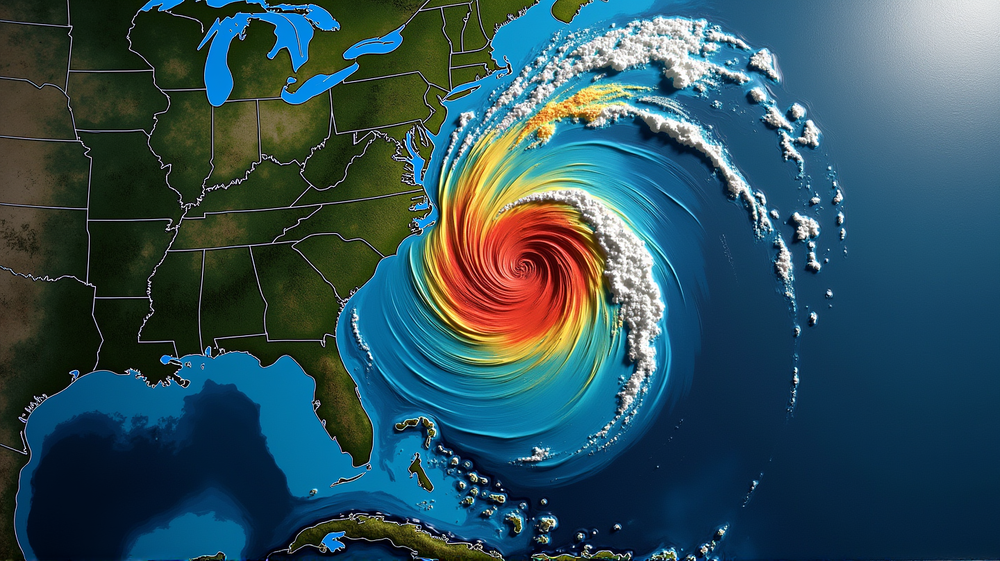A Controversial Turning Point
In a surprising move, two top officials from the National Oceanic and Atmospheric Administration (NOAA) have been placed on administrative leave. This decision comes amidst ongoing scrutiny stemming from the high-profile “Sharpiegate” incident during President Trump’s tenure. Stephen Volz, the assistant administrator, and Jeff Dillen, a deputy general counsel, find themselves at the heart of this developing story, reflecting both their involvement in the past controversy and current administrative challenges within NOAA.
The Sharpiegate Legacy
The Sharpiegate incident continues to cast a long shadow on NOAA. The controversy erupted when President Trump incorrectly declared that Hurricane Dorian would impact Alabama—a claim swiftly countered by local forecasters, only to be met with a sharpie-altered map presented by Trump. Volz and Dillen’s roles in navigating the aftermath of this episode remain pivotal, keeping them in the spotlight as NOAA grapples with its legacy and public trust.
A Challenging Environment
NOAA is currently without confirmed leadership, with Neil Jacobs waiting for Senate confirmation. This lack of stability, combined with staffing challenges and budgetary concerns—amplified by proposed cuts from the Trump administration—creates a precarious atmosphere for the agency. Volz and Dillen’s placement on leave only adds to the uncertainty.
Unanswered Questions
While official statements downplay the link between the administrative leave and the Sharpiegate scandal, the timing has raised questions. Volz, with over three decades of public service, expressed his commitment to NOAA and uncertainty over the investigation’s focus. His recent activities, including speaking at international conferences, do not immediately suggest misconduct, contributing to the air of mystery surrounding the leave.
Future Speculation
Both Volz and Dillen have been instrumental in upholding NOAA’s stance on scientific integrity during politically tumultuous times. Their current situation serves as a reminder of the intricate dance between politics and science. As NOAA navigates this rocky phase, the implications of this administrative action remain to be seen in shaping both the agency’s future and its adherence to its core mission.
According to the original report on CNN, this is a developing story that highlights broader implications for science agencies in politically charged environments. As this situation unfolds, stakeholders and observers alike will watch closely to understand its impact on NOAA’s mission and scientific pursuits.












